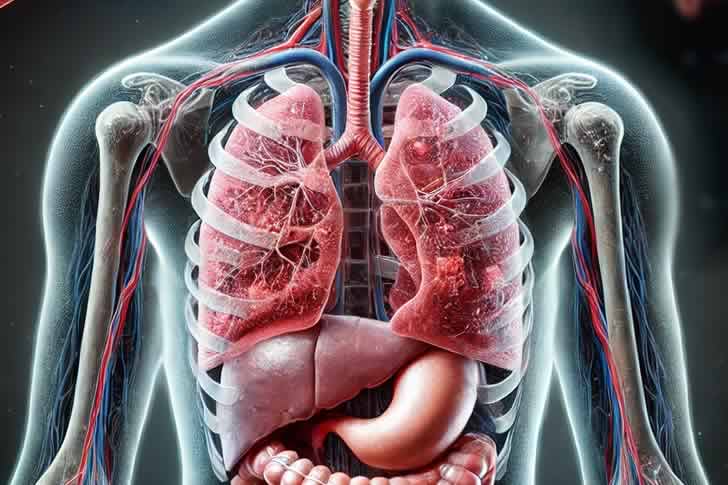New Treatment Guidelines For Metastatic Breast Cancer
Metastatic breast cancer refers to breast cancer that has spread beyond the original tumor site to other parts of the body such as bones, liver, lungs, or brain. Understanding and managing this advanced stage of cancer is crucial for improving patient outcomes and quality of life.

What Is Metastatic Breast Cancer?
Metastatic breast cancer (MBC) is the most advanced stage of breast cancer (Stage IV), where the cancer cells have spread from the breast to other parts of the body. This dissemination happens via the lymphatic system or the bloodstream, making the disease more complex to treat compared to localized breast cancer.
Metastatic Breast Cancer Symptoms and Signs
The symptoms of metastatic breast cancer vary depending on the affected area but generally include:
- Bone pain and fractures if cancer spreads to bones
- Shortness of breath or persistent cough if it affects the lungs
- Jaundice or swelling in the liver area for liver involvement
- Severe headaches or neurological symptoms if it spreads to the brain
Metastatic Breast Cancer Living Guidelines
| Guideline | Description |
|---|---|
| Regular monitoring | Continuous assessment through scans and blood tests. |
| Symptom management | Use of medications and therapies to control symptoms. |
| Psychological support | Access to mental health professionals and support groups. |
| Dietary and lifestyle adjustments | Tailored advice from dietitians and physical therapists. |
| Treatment adjustment and options | Regular evaluation of treatment efficacy and adjustments. |
Causes of Metastatic Breast Cancer
The transition to metastasis in breast cancer can result from a variety of factors. These include genetic mutations, such as changes in the BRCA1 and BRCA2 genes, hormonal influences, especially estrogen and progesterone, and environmental factors. Biologically, cancer cells gain the ability to invade other tissues, survive in new environments, and evade the immune system.
Latest Treatment Guidelines For Metastatic Breast Cancer
- Targeted Therapy: This treatment involves drugs designed to target specific genetic changes seen in certain types of breast cancer cells. For example, HER2-positive breast cancers can be treated with drugs like trastuzumab and pertuzumab, which specifically target the HER2 protein.
- Hormone Therapy: For cancers that are hormone receptor-positive, hormone-blocking drugs such as tamoxifen or aromatase inhibitors can be effective in slowing or stopping the growth of cancer cells by blocking their ability to use hormones.
- Chemotherapy and Immunotherapy: When targeted and hormone therapies are not suitable, chemotherapy may be used. In recent years, immunotherapies that help the immune system recognize and destroy cancer cells have also become part of the treatment landscape for MBC.
- Supportive Care and Clinical Trials: Besides standard treatments, supportive care for managing symptoms and side effects is crucial. Participation in clinical trials can also provide access to new therapies that are not yet widely available.
FAQs
Q: Can metastatic breast cancer be cured?
A: While metastatic breast cancer is considered incurable, ongoing treatments can significantly extend life and improve quality.
Q: How often should I undergo monitoring for metastatic breast cancer?
A: Monitoring frequency should be personalized based on treatment response and specific health conditions but typically occurs every 3 to 6 months.
Conclusion
The management of metastatic breast cancer continues to evolve with advancements in medical science. Personalized treatment plans and supportive care strategies are vital for enhancing life expectancy and quality of life for affected individuals.
References
To validate the information and conclusions in this analysis, here are three credible sources:
http://www.cancer.org/cancer/breast-cancer
https://pubmed.ncbi.nlm.nih.gov/?term=metastatic+breast+cancer







Recent Comments